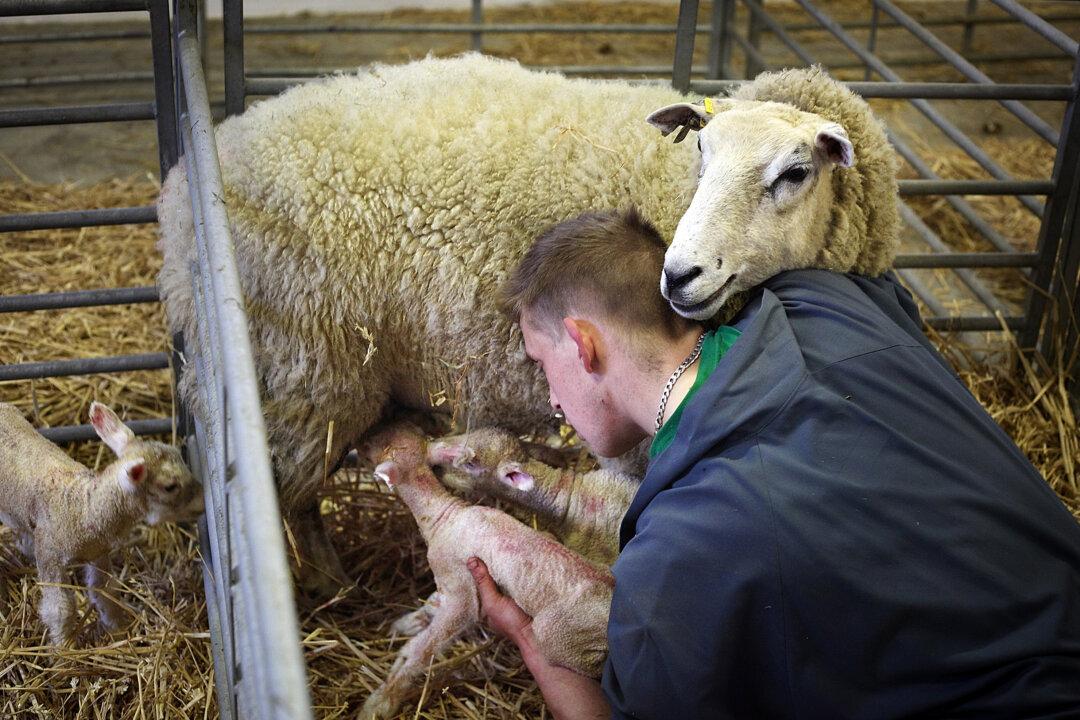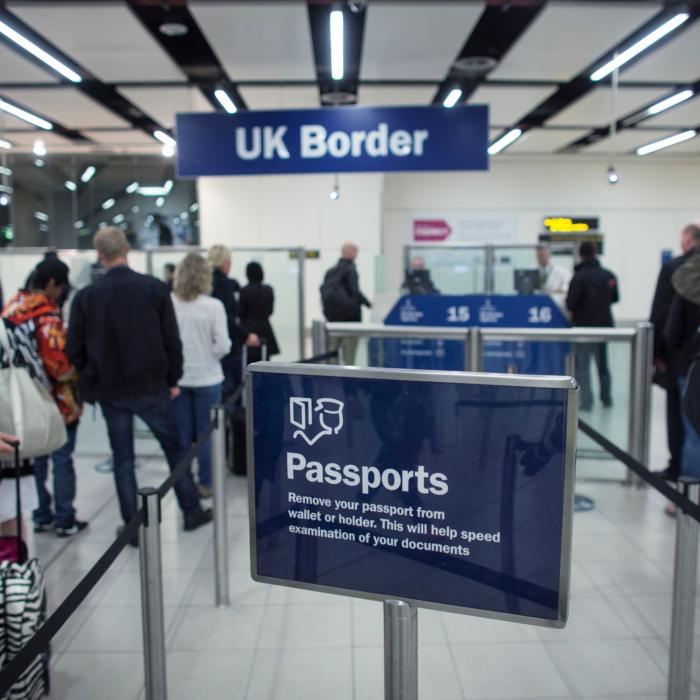Migrants working in UK care and agricultural sectors on seasonal visas are increasingly vulnerable to exploitation and debt bondage, a charity has found.
Research into the conditions offered to migrant workers coming to Britain on the Seasonal Worker Visa (SWV) has found a number of factors that increase the risk of exploitation and modern slavery.
Interviews with migrant agricultural and care workers highlighted the issue of illegal recruitment fees, including travel, training and accommodation costs, and high visa application fees.
While in employment, migrant workers would often find that their employer or scheme operator are out of available work before the planned return date.
Visa Schemes
The reliance of UK farmers on seasonal workforce from abroad has played a role in the introduction of Seasonal Worker scheme after Brexit. The scheme introduced a quota of 45,000—55,000 visas in the horticulture sector per year.However, to move to a new role, a H&CWV worker must find a licensed sponsoring employer and update their visa within 60 days, which means further fees.
These requirements “leave workers susceptible to their immigration status becoming irregular, or fuel exploitation by pressuring workers to remain in a role despite poor conditions,” researchers said.
The council called on the government to scrap temporary employer-specific visas and ensure their flexibility.
Inspections
While the government policy is to reduce the reliance on overseas workers, UK farming industry representatives expect the dependency to grow for the foreseeable future.The FLEX report said a clear division of responsibilities between the Home Office and other government bodies is necessary to ensure an appropriate labour inspection system.
The 68-page document found that health and safety inspections of migrant workplaces occurred rarely and had a “reactive,” rather than active nature.
Migrant worker would often be reluctant to come forward with their concerns out of fear of being deported and not being able to return to the UK in the future, the report said.
Unreasonable behaviour by employers would include cases, where crop picking targets would be allocated to crops that don’t allow for these targets to be met.
The report called on the Home Office to ensure that employers establish dispute resolution mechanisms for migrant workers, as a condition of sponsorship.
A relevant inspection body should provide migrant workers with a written, legally binding contract in their first language before they arrive in the UK and again on arrival, the charity said.







